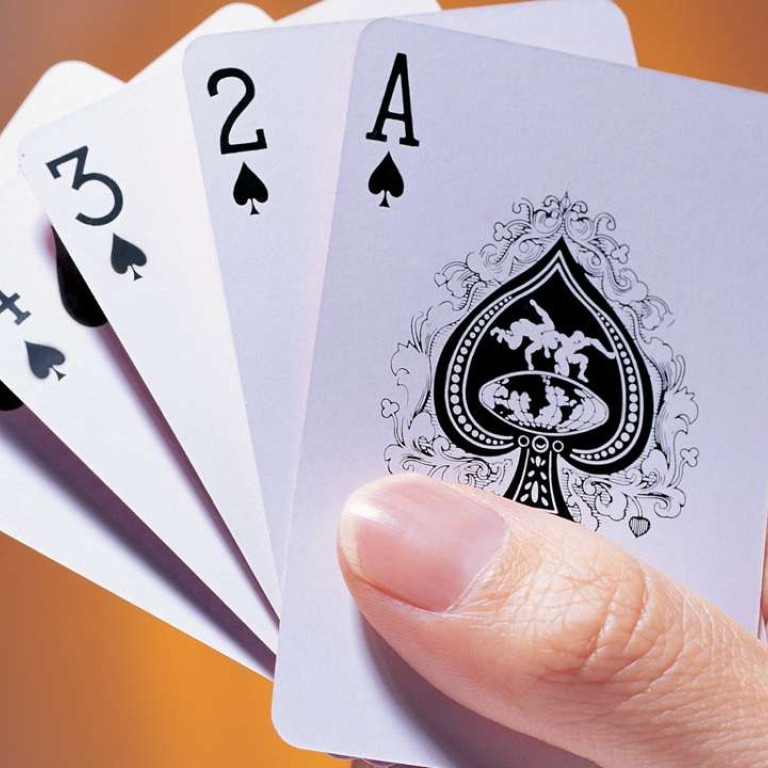
The new god of gamblers: a computer has beaten pro poker players for the first time
A computer has defeated professional poker players for the first time by refining its intuition of the game, marking a step forward for artificial intelligence, scientists said Thursday.
The computer program, named DeepStack, beat 11 professional poker players recruited by the International Federation of Poker, in a game of heads-up no-limit Texas hold’em poker in December 2016.
The report in the journal Science describes how the machine bested nearly a dozen players, who were asked to play a 3,000-hand match over a period of four weeks.
“DeepStack beat each of the 11 players who finished their match, with only one outside the margin of statistical significance, making it the first computer programme to beat professional players in heads-up no-limit Texas hold’em poker,” said the study.
DeepStack won by bridging “the gap between approaches used for games of perfect information - like those used in checkers, chess, and Go - with those used for imperfect information games.”

Poker has been a longstanding challenge problem in artificial intelligence...It is the quintessential game of imperfect information
Imperfect games require reasoning, because players are unaware of at least some of the others players’ moves.
“Poker has been a longstanding challenge problem in artificial intelligence,” said principal investigator Michael Bowling, a professor in the University of Alberta’s Faculty of Science.
“It is the quintessential game of imperfect information in the sense that the players don’t have the same information or share the same perspective while they’re playing.”
Scientists who worked on the program came from the University of Alberta in Canada, Charles University in Prague and Czech Technical University.
DeepStack relies on a technique called continual re-solving, which allows the program to determine the correct strategy for a particular poker situation but does not force it to “think” about the entire game.
“We train our system to learn the value of situations,” said Bowling.
“Each situation itself is a mini poker game. Instead of solving one big poker game, it solves millions of these little poker games, each one helping the system to refine its intuition of how the game of poker works.”
Despite the complexity of the game, DeepStack needs only three seconds of “thinking” time on average.
Bowling became the head of the University of Alberta’s Computer Poker Research Group in 2006.
He and colleagues developed Polaris in 2008, beating top poker players at heads-up limit Texas hold’em poker, a variant of the game which limits the bets and raises players can make.
Next, they solved heads-up limit hold’em with Cepheus, a feat described in the journal Science in 2015.
A competing team of scientists at Carnegie Mellon University managed to beat four of the world’s best human players in January in heads-up, no-limit Texas hold’em with its program, Libratus.
“The best AI’s (artificial intelligence’s) ability to do strategic reasoning with imperfect information has now surpassed that of the best humans,” said Tuomas Sandholm, professor of computer science at Carnegie Mellon, at the time.

.png?itok=arIb17P0)